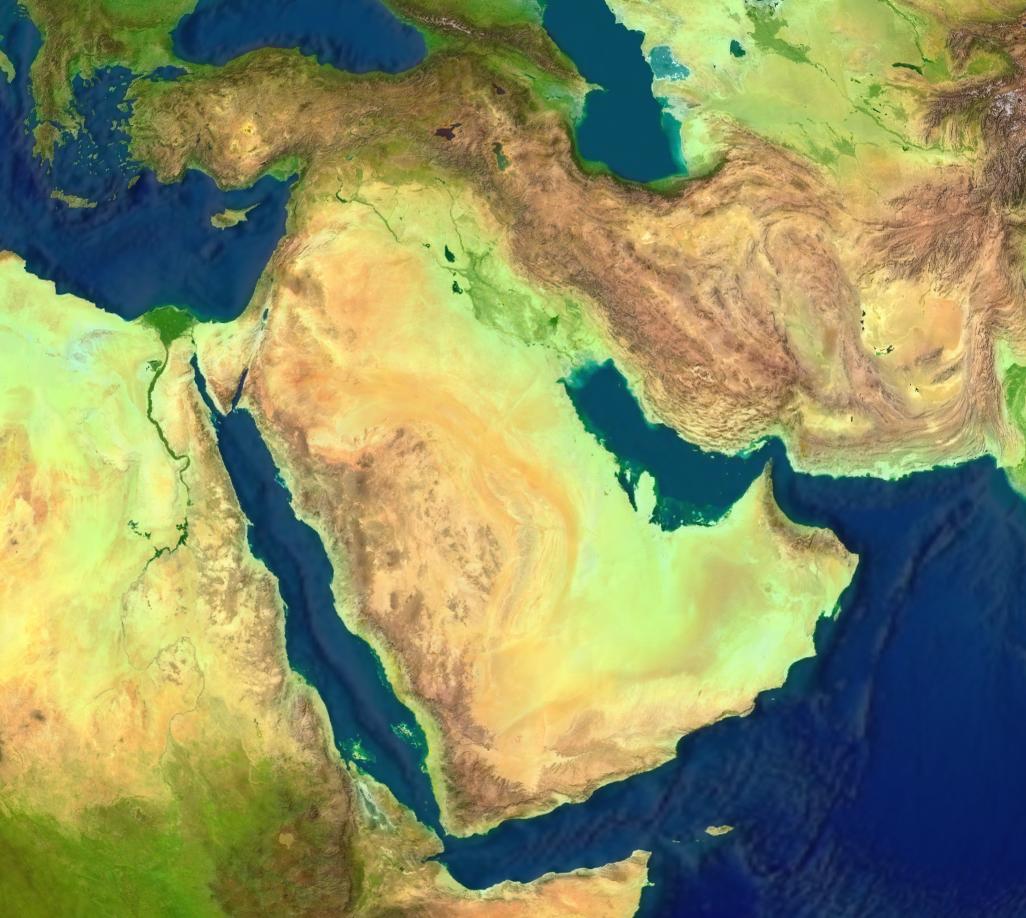The Gaza-Ankara-Jerusalem Triangle: How Israel and Turkey Made Up on Gaza Above the Heads of Palestinians and Egyptians
By Nathan Shachar
July 8, 2016
Whatever dividends the fresh Turkish-Israeli rapprochement will bring, it reveals something fundamental about the new Middle East: the number of unknown variables in this ever less predictable environment is steadily growing, and even the most arrogant and unrepentant leaders will have to eat crow from time to time in order to salvage their national interests. Leaders who stand by their words and their principles will be severely handicapped.
Çandar: Threatened by Russia, Turkey clings to EU
Cengiz Çandar in Radikal writes that Turkey is seeking a closer relation with the EU because the historical rivalry between it and Russia has been revived, with Turkey being encircled on three fronts by a Russia that has annexed Crimea to the north, has strengthened its military ties with Armenia to the east and has become entrenched to the south by its support to the Kurds in the vicinity of Aleppo and has denied Turkey access to the north Syrian air space. In this context, Ankara (which does not mean exclusively the AKP government) views the PKK as an “asset” that Russia is using or will use against Turkey. The Turkey-EU “refugee bargaining” becomes intelligible by looking at this big picture. Turkey, which is “besieged” by Russia and feels to under “strategic threat” is reorienting in the direction that remains open for it, that is to the West, across the Aegean Sea. At the same time, Ankara is exploring a “common ground” with Iran in countering the Kurds, just like Turkey did back in 1937, when the Saadabad treaty was concluded with Persia. This “political maneuver” by Turkey is also an attempt to break the Russia-Iran entente over Syria.
Turkey Bets, yet again, on Barzani: Turkey-KRG Relations in Light of the Regional Turbulence
By Gallia Lindenstrauss
February 4th, 2016, The Turkey Analyst
In view of the challenges Turkey is facing in the Middle East, Ankara is attempting to further solidify its relations with the Kurdish Regional Government (KRG) and specifically with KRG’s president, Massoud Barzani. While this policy may assist Turkey in increasing its influence over the future of Iraq and assist it in diversifying its energy suppliers, it is less likely to help Turkey in its internal struggle with its Kurdish minority, or in countering the Kurdish aspirations in Syria. Yet, as the only still relevant remnant of Turkey’s ‘zero Problems’ policy, Turkey-KRG relations do have the potential to assist Ankara in maintaining and solidifying its influence over the future of Iraq.
Turkey’s Alternative Gas Suppliers: Who to bet on?
By Ipek Velioglu
January 15th, 2016, The Turkey Analyst
Turkey’s decision to shoot down a Russian jet in the Syrian border led to a crisis between the two countries. Although Russia and Turkey always had divergent political agendas, they maintained a good relationship. In the last decade, thanks to the personal relationship of the leaders, Russia and Turkey created a strong economic partnership, especially in the energy field, and kept it separately from the political sphere. But this time is different: the deterioration in political relations will have a strong impact on energy cooperation. Russia slammed economic sanctions on Turkey and big investment projects are at risk. Given its dependency on Russian natural gas, Turkey is concerned about its energy security, making the quest for alternative suppliers and sources highly relevant.
Turkey and the Sunni Bloc: Ankara Adjusts Its Middle East Policies
By Svante E. Cornell (vol. 8, no. 7 of the Turkey Analyst)
President Erdogan’s visit to Saudi Arabia and his public criticism of Iran suggest an adjustment of Turkey’s Middle East policies are under way. The Syrian conflict cooled Turkey’s relations with Iran, but boosted an alignment with Gulf States. But then, differences over Egypt seriously complicated Turkish-Saudi relations. Following events in Iraq and Yemen, the deck appears once more to be rebalanced – a new understanding with Riyadh appears to be underway, and Turkish-Iranian relations are tense. But the key question is whether these adjustments are stable, given that foreign policy appears indexed in part on Erdogan’s mood. With the ruling elite in flux, so is foreign policy.







